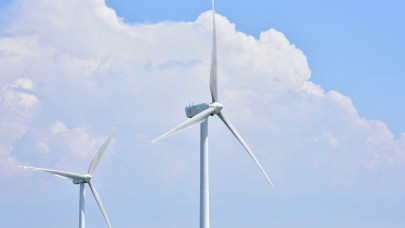During this time, the EU's gross domestic product (GDP) remained largely stable, showing a slight increase of 0.3% compared to the first quarter of 2023.
This data comes from Eurostat's quarterly estimates of greenhouse gas emissions by economic activity, released today. These estimates provide additional insights alongside quarterly socio-economic indicators such as GDP and employment figures.
The sectors with the most significant reductions in greenhouse gas emissions in Q1 2024, compared to Q1 2023, were electricity and gas supply (-12.6%) and households (-4.4%).
In Q1 2024, greenhouse gas emissions are estimated to have decreased in 20 EU countries compared to the same period in 2023. The most substantial reductions were observed in Bulgaria (-15.2%), Germany (-6.7%), and Belgium (-6.0%).
Among the 20 EU members estimated to have reduced their emissions, 8 also experienced a decline in GDP (Czechia, Germany, Estonia, Ireland, Luxembourg, the Netherlands, Austria, and Finland). The remaining 12 countries (Belgium, Bulgaria, Denmark, Spain, France, Italy, Hungary, Poland, Portugal, Slovakia, Sweden, and Croatia) managed to decrease emissions while simultaneously growing their GDP.














